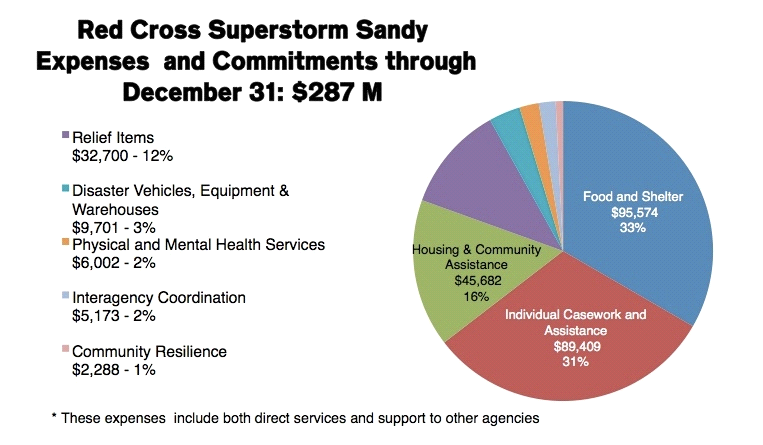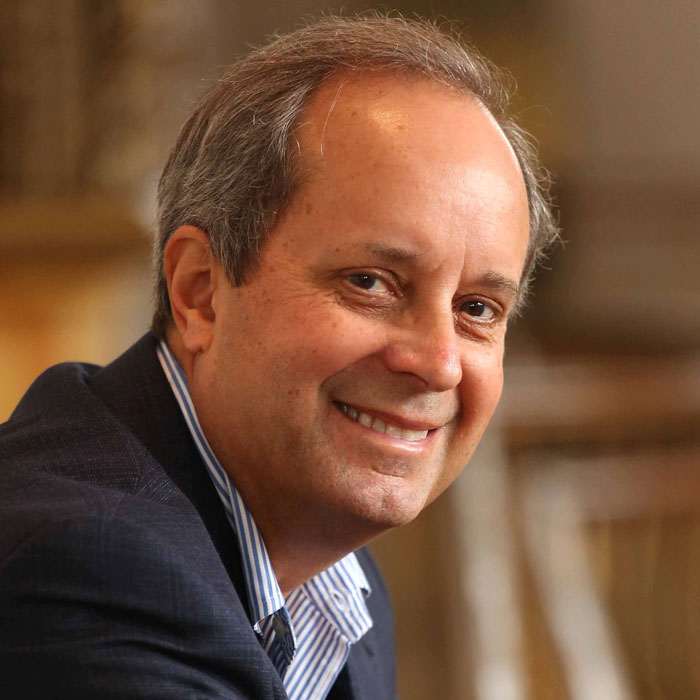Long-term disaster recovery and mitigation: An idea that is attracting support
We are appreciative of the coverage and for the recognition of our work not only because it is great to be valued, but also because it shows movement toward a shift in our nation’s collective thinking about disaster giving. The NPR story highlighted the stockpiles of toys and clothes sent to Newtown, Connecticut after the […]
We are appreciative of the coverage and for the recognition of our work not only because it is great to be valued, but also because it shows movement toward a shift in our nation’s collective thinking about disaster giving.
The NPR story highlighted the stockpiles of toys and clothes sent to Newtown, Connecticut after the school massacre. Most items were unneeded and created logistical nightmares for the town. While the residents were surely appreciative of the outpouring of support, donor’s generosity may have been channeled in other directions. For example, a cash donation to a charity that funds children’s mental health would have been a good option for people wanting to help in the short and long terms. If thousands of people had written checks to the same charity, imagine the amount of work that the organization could do helping the children in Newtown for years to come. That’s addressing the real issues of long-term recovery.
While CDP’s work is focused on natural disasters, the story of Newtown rings true for Hurricane Sandy and the many other disasters before it. While thousands of NGOs and volunteers rushed to offer much-needed immediate relief to communities and people impacted by Hurricane Sandy, the Center for Disaster Philanthropy estimates it may take five years or more to fully rebuild communities in the United States and even longer in the Caribbean. Yet most of the charitable giving has come to an end.
At CDP, we established the Hurricane Sandy Disaster Fund specifically for this purpose: to provide funding beyond the immediate, and to help with long-term efforts and the mitigation of future events in disaster-prone areas. Through the generosity of donors we have raised nearly $600,000 toward this effort and the fund is still growing. As we begin to accept grant applications and fund projects, we look forward to showing the impact that all donors can have if they take a longer-term view in their disaster giving.
Let me know what you think? Email bob.ottenhoff@disasterphilanthropy.org
More like this

